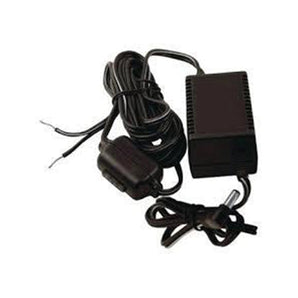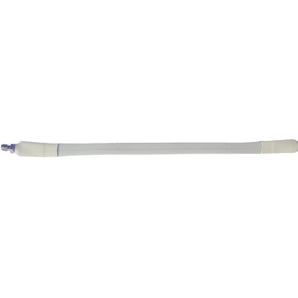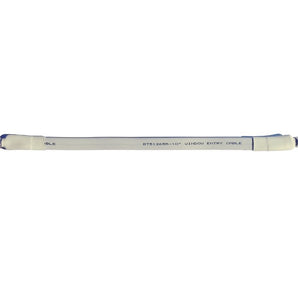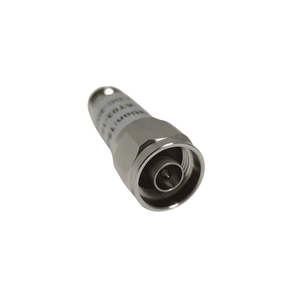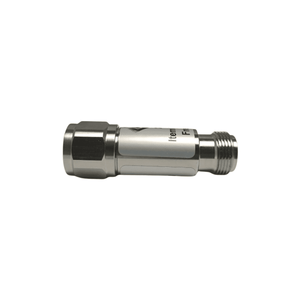What You Need To Know When Buying A Signal Booster
Choosing the right signal booster is critical to improving your cell phone signal, that’s a given. Sounds easy enough, right? If you plan on purchasing a signal booster for your home, office or vehicle, there’s a couple of things you should know first.
Are You Buying A High-Quality Signal Booster?
There are dozens of different signal boosters on the market. It can be hard to distinguish between them. Trust us – not all of them are created equal. There are some important differences you’ll want to know before buying one.
All signal boosters are rated by dB (decibel) output. Cellular frequencies are radio waves that operate within a certain standard in the radio spectrum, and whose strength is measured in dB.
For cell phone signal, that measurement is -50 dB to -120 dB. In "bar" talk, -50 dB is full bars and -120 dB is a dead zone. What an amplifier does is potentially increase your dB reading closer to -50 dB.
Consider dB Gain
A good home amplifier should have at least +60 dB gain. The most powerful units reach +70 dB gain. A good car amplifier should have at least +25 dB with the best units reaching +50 dB. It's important to note that the amplifier can boost signal up to its dB value, but does not guarantee an instant boost to that dB number due to various factors that influence cellular signal such as building materials, outside signal strength etc.
Decibels are really measured exponentially. Every +3 dB increase doubles the power. This also means for every - 3 dB decrease, the power is halved.
Automatic Gain Control (AGC)
Automatic Gain Control, or AGC, is an advanced signal booster feature that automatically adjusts the gain output so you can handle a strong incoming signal and provide maximum coverage area within the building.
AGC also continually adjusts the signal output to keep your amplifier working at top performance. In strong signal areas, the booster will reduce its gain for each frequency spectrum individually as to not overload or shut down, thus giving you great coverage area inside.
Bolton Technical provides a range of signal boosters that offer impressive dB gains, and all of these boosters have AGC!
Know What is Legal and What is Not
All devices with electronic communication capabilities need to be approved by The Independent Communications Authority of South Africa (ICASA), the regulator for communications, broadcasting and postal services sectors.
Companies selling signal boosters need the necessary approval type from ICASA, and sellers need to provide proof that their products have been tested and won’t interfere with the local cellular networks and cell towers.
You can determine whether the signal booster you are purchasing is ICASA certified by researching the seller’s website or asking for the necessary ICASA type approval documentation, or by looking for an ICASA sticker on the unit itself. However, be aware that some non-reputable companies buy fake ICASA stickers and slap it on their signal boosters.
Purchasing and installing illegal products can interfere with cellular networks, and if you are caught with an illegal booster, it will be removed and you might be liable for a hefty fine.
At Bolton Technical all our signal boosters are ICASA certified. To view our range of ICASA approved signal boosters click here.
Is it Safe?
Many people worry that having a cellular amplifier in their home, office or vehicle might have a negative impact on their health due to radiation produced by these types of devices. You may rest assured that the radiation output by these devices are far less than that produced by cell phones themselves, and thousands of times less than the recommended exposure limits set by the safety authorities.
For safe, environmentally friendly signal boosters for your home, office or vehicles, click here.
Is Your Signal Booster Backed By World-Class Support and Expertise?

You’ve bought a signal booster, and you need help with the installation process. Or, perhaps you’ve successfully installed the booster, but your signal hasn’t improved or the product doesn’t seem to work. Does your seller provide technical support and product expertise, or are you left to your own devices?
Signal boosters are high value investments, and nothing is more frustrating than investing in a booster to solve your signal issues and not having any support or guidance on how to install or use the device.
It’s important to understand how these devices work, and how to install them for maximum benefit.
What if your booster is faulty or not working correctly? Can you return it to the seller? Do they offer a customer friendly return policy?
Does the seller build relationships with their clients, or are they merely interested in flogging their products?
Bolton Technical provides world-class customer support and product expertise, and all our staff is trained to the highest standards at our US facilities. Our technical teams are based locally to offer the best technical assistance and product support anywhere in the country.
We provide a 30-day money back guarantee and a 1-year warranty on all our signal boosters. No run-arounds. No delaying tactics. Just good old fashion honest business.
To get in touch with our world-class team, contact us on +27 11 749 3085 or email sales@boltontechnical.co.za.
Our Signal Booster Brands
Wilson Electronics are the leaders in the wireless communications industry, and have designed and manufactured cell phone signal boosters, antennas and related components for more than 45 years.
All WilsonPro and weBoost boosters are designed, assembled, and tested at the company’s US facilities, and are ICASA Approved and hold NRCS Certification for use in South Africa.
The two Wilson Electronics brands are divided by power and price. weBoost signal boosters are meant for vehicles and single room coverage. WilsonPro boosters are more powerful and are meant for whole homes, large offices, and commercial applications.
Signal Boosters for Various Industry Applications:
Bolton Technical offer their premium antennas, accessories (splitters, couplers, connectors, surge protectors), and cables.




